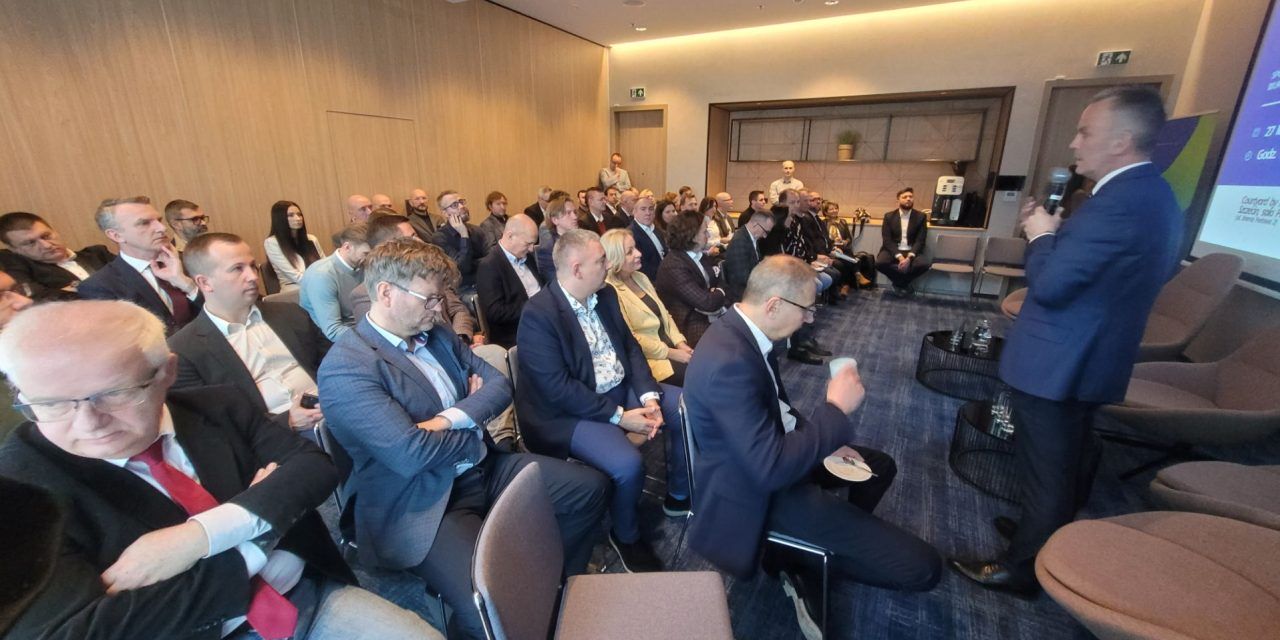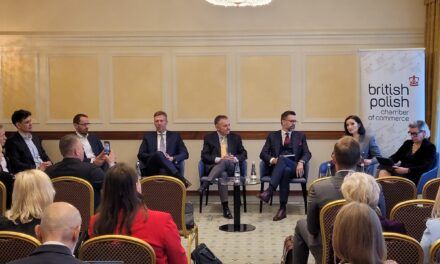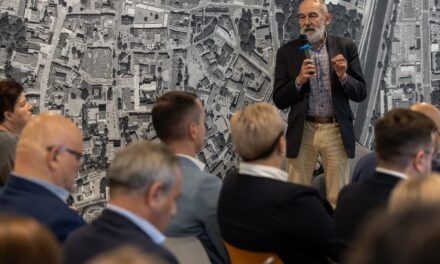Szczecin, 27 November 2023
The metropolitan area of Szczecin is experiencing rapid economic growth, driven by IT, logistics and off-shore wind. One problem it faces, however, is the lack of modern office space.
At a meeting organised by ARMS, the metropolitan area’s development agency on 27 November, representatives of property developers, tenants and local authorities met to discuss why so few offices were being built. Marek Kubik, president of ARMS, gave a presentation showing how the metropolitan area is developing rapidly, but how a shortage of offices is holding back new investment.
On the one hand, foreign investors looking to set up business in Poland can see the attractiveness of Szczecin as a place to live and work; on the other, the city faces a shortage of suitable real estate, especially in the office sector.
Developers pointed to the massive increase in costs of building materials and labour and ESG requirements for ever-higher sustainability standards, which make yields from such investments less interesting than those which can currently be realised from residential development.
There was a spirited debate as to how visible Szczecin is on the radar of potential foreign investors. Some Polish cities, such as Wrocław and Kraków have long had the reputation of being overheated, with too much demand on the HR market leading to poaching and unsustainable salary levels – and yet next-tier university cities such as Szczecin are held back due to a perceived shortage of modern office buildings. Another problem mentioned was the mismatch between foreign investors’ expectation of German-language skills (“Szczecin is next to the border, so everyone must speak some German”) and the reality – which is that three times more students are learning English than German in the city’s higher-education institutions.
Investors, employers and developers called for greater dialogue with local authorities to keep public and private sector aware of challenges and opportunities in the real-estate sector.
For larger developers, able to invest their own capital in new projects, Szczecin should be an attractive location, given the reticence of small local developers to borrow the money needed to build the premises that foreign investors are seeking in the city. Participants in the discussion suggested that the city authorities find adequate funds for promoting the city abroad, and resurrect the Floating Garden concept, that highlights Szczecin’s natural attractions as a location to live and work, to draw attention to the city as an investment location.

























